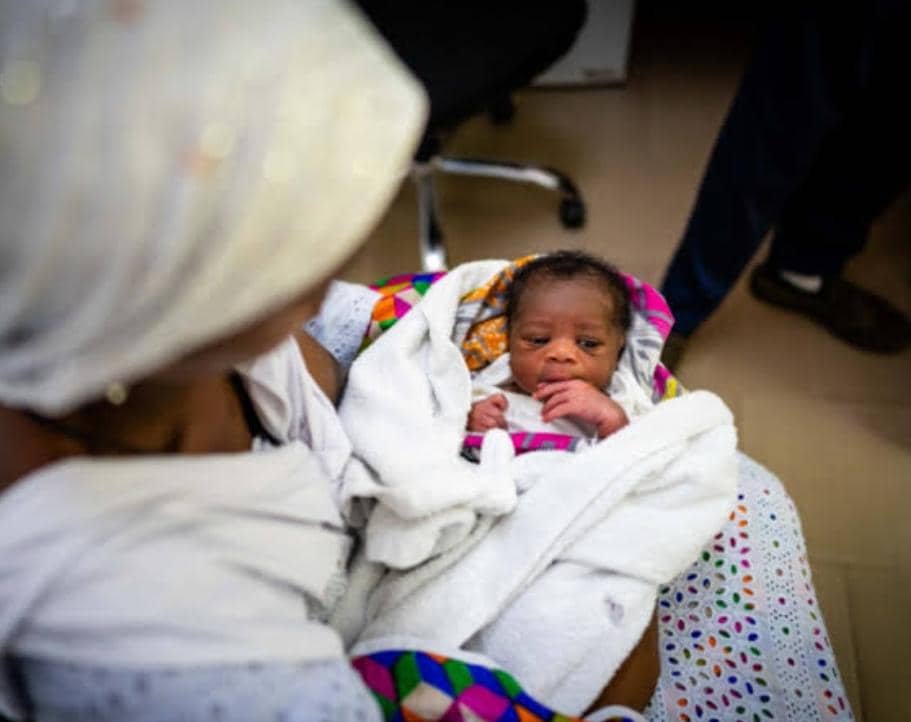Postpartum depression is increasingly affecting mothers in rural western Uganda, with health professionals highlighting a disturbing trend linked to factors such as social isolation, domestic violence, and inadequate healthcare support. This mental health condition, which can lead to severe emotional distress, is often overlooked, leading to tragic outcomes for many new mothers.
Health experts report that postpartum depression manifests through a range of symptoms, including severe mood swings, anxiety, persistent sadness, crying spells, sleep disturbances, and feelings of helplessness. In communities lacking proper maternal mental health care, these symptoms often go unrecognized until they escalate.
Dr. Leevan Tibaijuka, an obstetrician and gynecologist at Mbarara Regional Referral Hospital, indicates that many women are experiencing symptoms that exceed the typical emotional changes expected after childbirth. He states, “Women present with mood swings encompassing sadness, anxiety, and difficulty bonding with their newborns. Some even report suicidal thoughts or urges to harm their babies.”
One alarming case involved a 17-year-old mother from Sheema District, who faced significant psychological distress following multiple failed abortion attempts. Fearing her father’s violent threats regarding her pregnancy, she concealed her condition and gave birth alone in a plantation, ultimately abandoning her newborn. Fortunately, the baby was later rescued by local residents. The mother described her fear, saying, “I got pregnant despite my father warning us that anyone who got pregnant would be burned alive.”
For adult mothers, the challenges extend beyond childbirth. Many return to homes fraught with domestic violence, financial instability, and emotional neglect, all of which exacerbate postpartum depression. Rosemary Kobusingye, a mother from Bwizibwera, shared her struggles, stating, “I go through a lot of hardship. When I report the violence and my husband gets arrested, life becomes even more difficult.” Annet Kapasika, another local mother, added, “Not every pregnant woman has access to the necessary resources. Many lack financial support, especially when their husbands are unable to provide for them. This impacts both mother and child.”
Healthcare facilities, designed to offer support, sometimes contribute to the problem. Mothers have reported negative experiences with healthcare staff, which can deter them from seeking help. Kobusingye recounted, “When we went to the hospital, the welcome wasn’t warm. The nurses were rude. That was the first problem we encountered.”
Despite the rising cases, postpartum depression often remains undetected during routine check-ups. Dr. Tibaijuka noted that local studies show up to 27% of women screened exhibited symptoms of postpartum depression, highlighting the need for systematic screening. He emphasized, “Screening should be intentional. Although it’s not routinely performed in some areas, we must make deliberate efforts to identify these conditions early.”
Symptoms typically appear between four to eight weeks post-delivery, although some women experience them sooner. Many mothers lack awareness of their condition, making it vital for families and caregivers to identify warning signs and prompt medical intervention. Dr. Tibaijuka underscored the importance of support at home, stating, “Social support is vital. It helps women cope with these conditions and enables early detection so that they can receive appropriate care.”
As awareness of postpartum depression grows, the demand for urgent action and compassionate healthcare becomes increasingly clear. For mothers in rural Uganda, timely intervention and supportive environments could mean the difference between recovery and tragedy.



